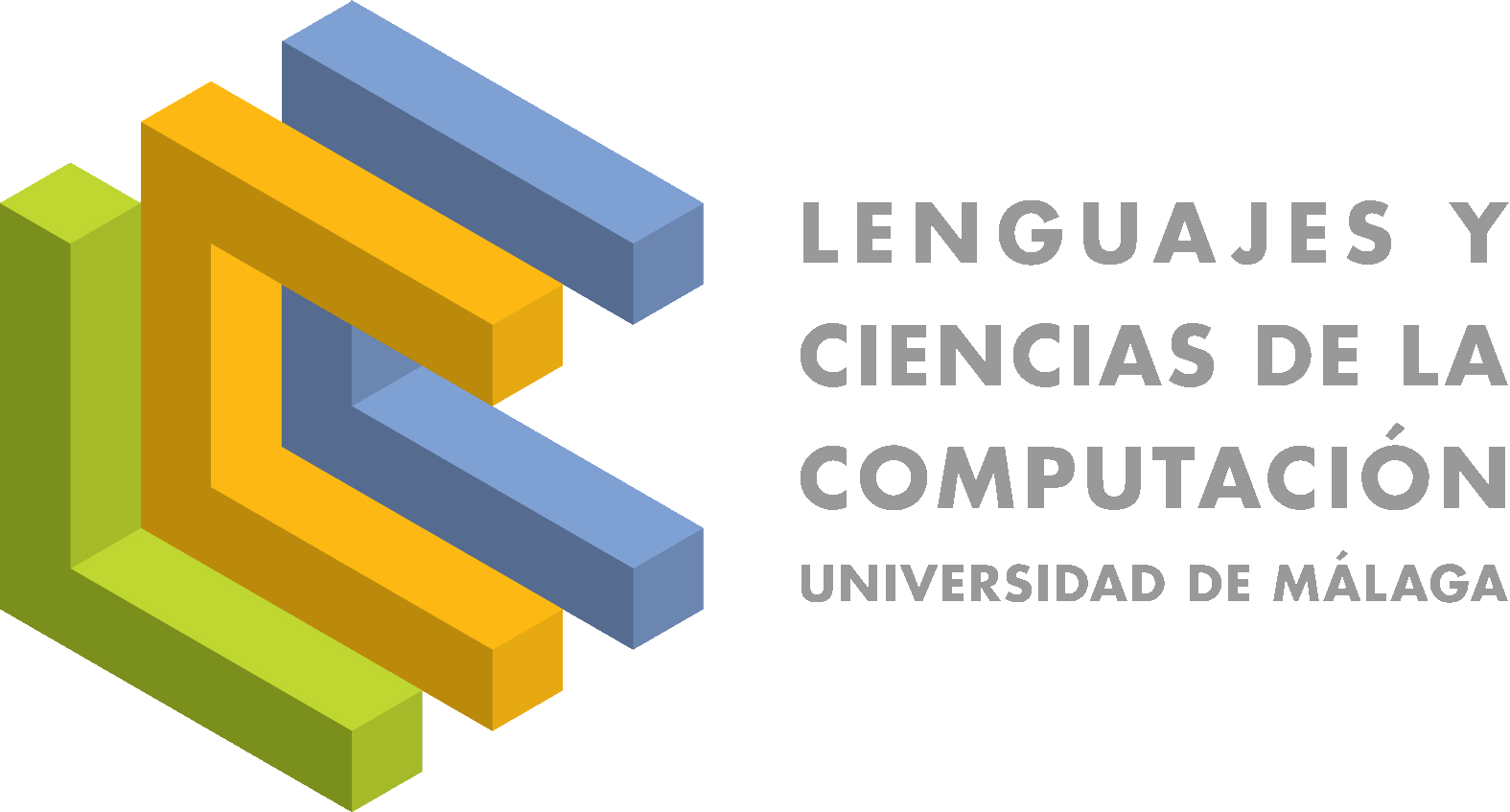Conferencia de Bilel Derbel
Sobre algoritmos evolutivos para problemas multi-objetivo usando descomposición.
En el marco de las actividades de la asignatura "Algoritmos Evolutivos", del Máster en Ingeniería del Software e Inteligencia Artificial
Categoría: I+D+i UMA
Conferencia impartida por el profesor Bilel Derbel, de la Université de Lille e INRIA (Francia).
Tendrá lugar el día 21 de noviembre a las 16:00 h. Se podrá seguir online en https://eu.bbcollab.com/guest/a250a7541b63456e9a943263a0205245
Título: Decomposition in evolutionary multi-objective optimization: design, parallelism, and fitness landscape analysis.
Resumen: Multi-objective optimization problems involve a number of conflicting objective functions which are to be optimized simultaneously. As such, one has to find a whole set of solutions that represent the different possible objective trade-offs. Computing or even approximating such a solution set is a difficult task. Among the existing techniques, evolutionary algorithms have been proved to be extremely effective. In this talk, we will focus on the concept of decomposition, viewed as a generic paradigm for designing a number of evolutionary multi-objective optimization techniques. In particular, we will review the design principles of the so-called MOEA/D algorithm, a state-of-the-art algorithm in the class of decomposition-based multi-objective evolutionary algorithms. We will also discuss some important design options, and highlight the degree of parallelism offered by such an approach. Finally, we will give an overview of some general aspects related to multi-objective fitness landscape analysis seen from the lens of decomposition.
Short bio: Bilel Derbel is a Full Professor at the Department of Computer Science of the University of Lille, France. He is the team leader of BONUS (Big Optimization aNd Ultra-Scale Computing), a joint research group at the CRIStAL CNRS research center and the Inria Research Institute, Lille, France. He is a collaborative Professor at Shinshu University, Nagano, Japan. His current research topics are on the design and analysis of algorithms for solving complex and large-scale optimization problems using high-level optimization techniques, stochastic heuristic search and ML-inspired algorithms, parallel and distributed computing, multi-objective algorithms.






